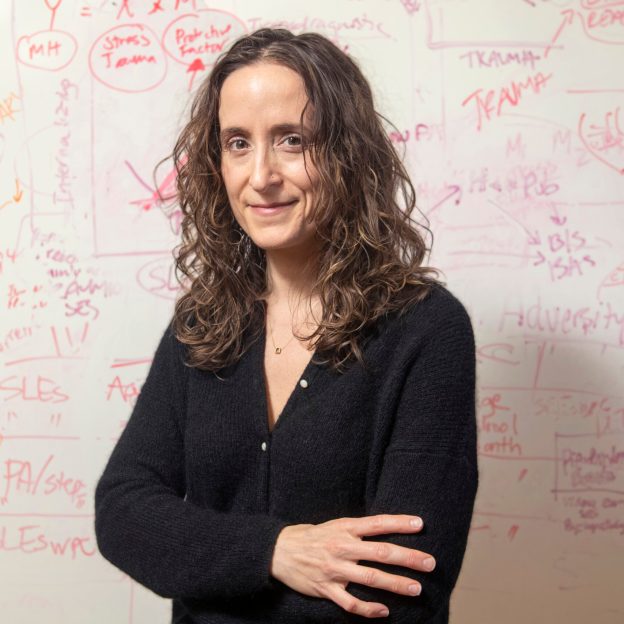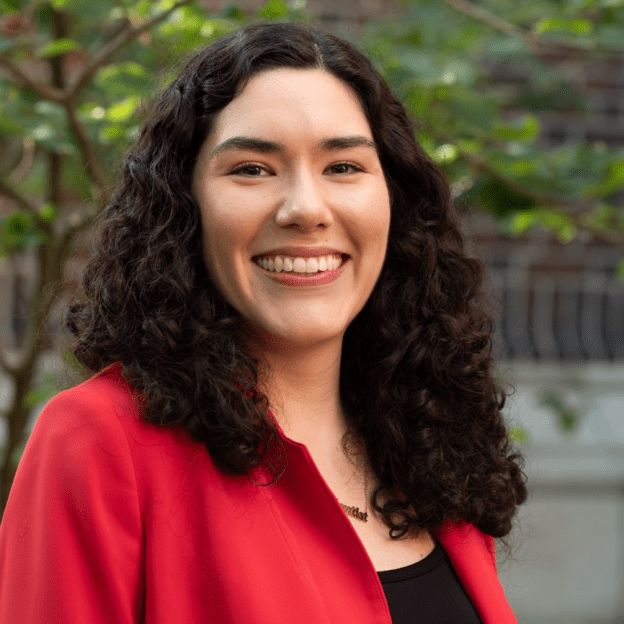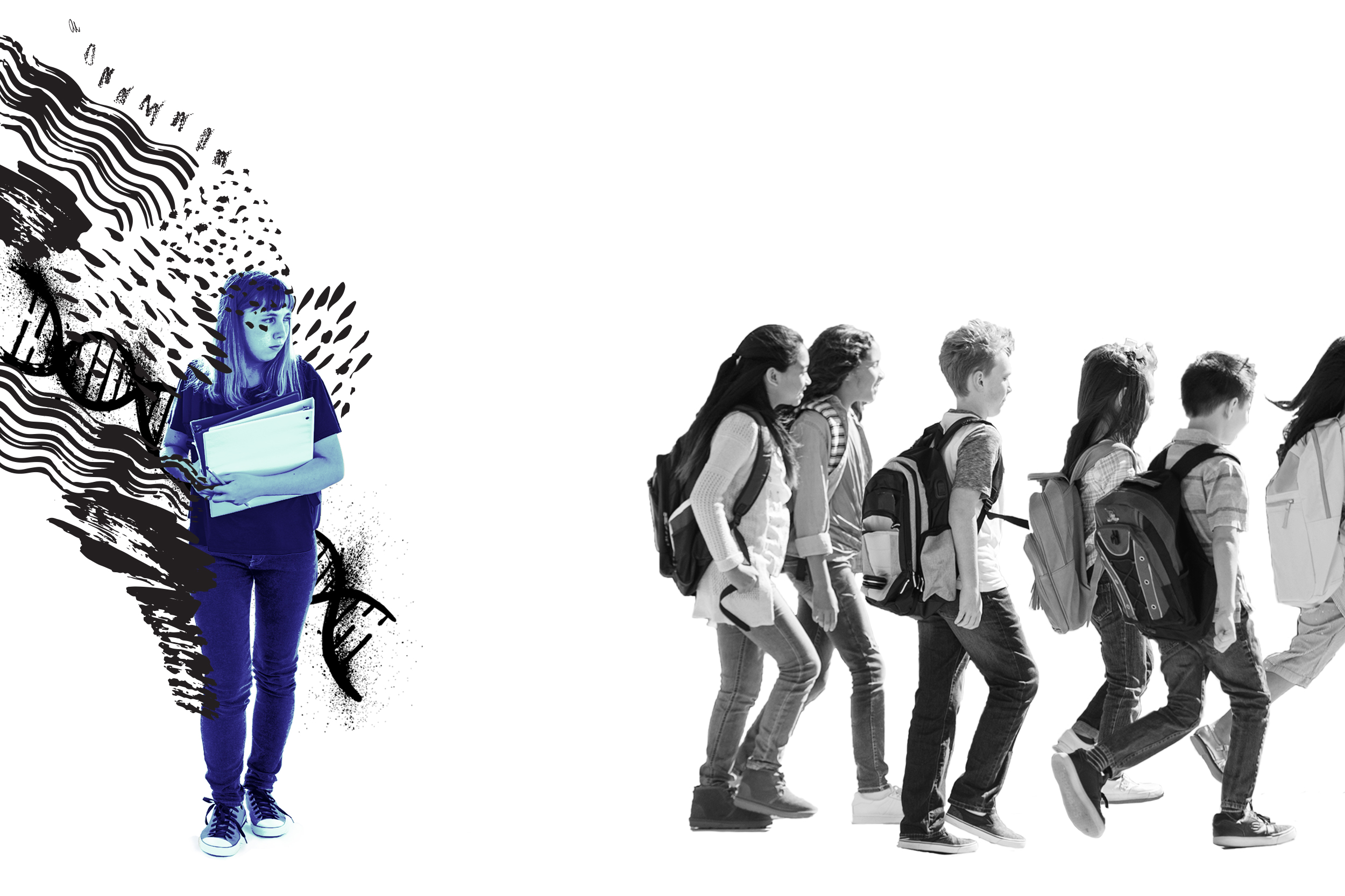Early Development
Early Development
The Harvard community is exploring the vital, early years to better understand how we can give all children the best start in life.
The ABCs
The three core concepts for early childhood development, compiled by Harvard’s Center for the Developing Child.
“We’ve learned there are … well-replicated differences in brain development as a function of a family’s socioeconomic status.”
Learning how we learn
Two Harvard developmental psychologists launched the Early Learning Study at Harvard to determine the best approaches to early education.

Three apps to spark family conversation
Harvard’s Graduate School of Education created three early-literacy apps designed for parents and caregivers to use with their children to promote dialogue and give children the foundations they need to read, learn, and thrive.
Three apps to spark family conversationWhy do children play?
Play is an incredible motivator. It’s where children learn and challenge themselves.
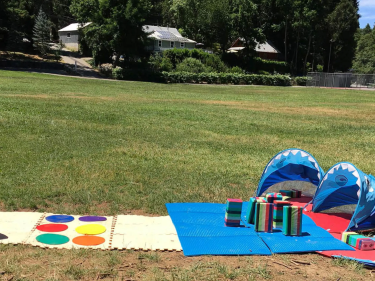
Smart kids: nature or nurture?
Research shows that a parental “growth mindset” leads to better educational outcomes for their children.

Is spanking bad for brain development?
Spanking may affect a child’s brain development in ways similar to more severe forms of violence, says a recent study.
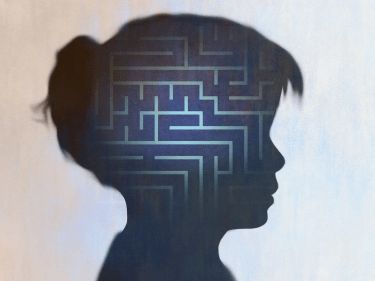
Is baby talk good for infants?
Communication with parents and caregivers is like food for developing brains, fostering early literacy, school readiness, and social and emotional wellbeing.

“Our idea is that, if we could learn how to strengthen neonatal immunity, it might allow us to better fight infections later in life.”
Supporting children around the globe
“Early Childhood Development: Global Strategies for Interventions” is a free online course that examines best practices in child and family policies, advocacy, financing, and pathways to scale.
Harvard groups, including the Global Health Partnership Early Child Development Working Group and the Harvard-Brazil Early Childhood Development Initiative, along with faculty members like Aisha Yousafzai, S.V. Subramanian, and Margaret Kruk, are working to remove the obstacles that prevent proper nutrition, access to healthcare, and learning opportunities for children around the world.
“My current research explores the lifelong effects of early life adversity on susceptibility to psychopathology such as anxiety and depression.”
Improving health outcomes
You may also be interested in
